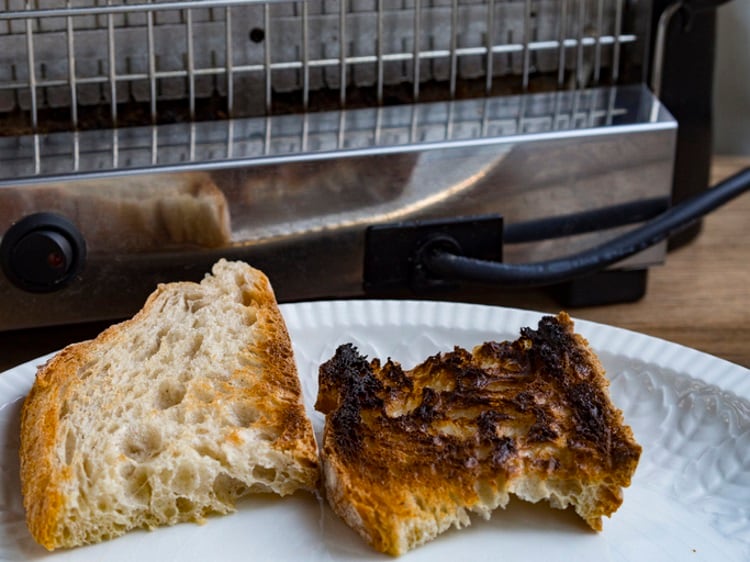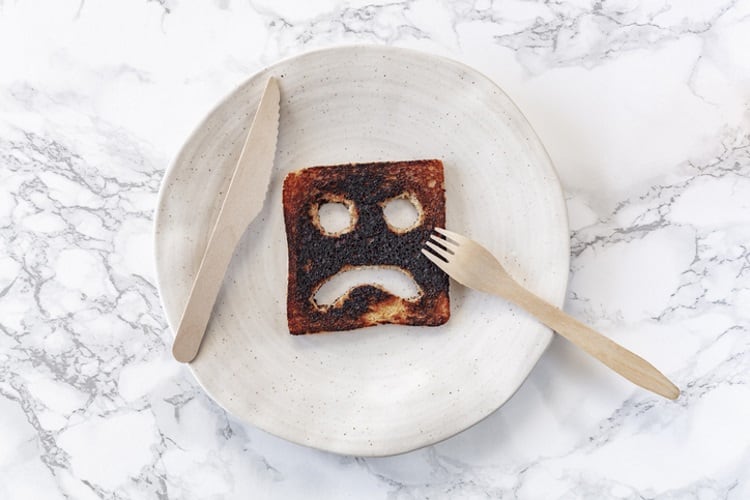According to the Irish nutrition firm, this positions the non-GMO clean label yeast – launched last year – as the only organic-suitable acrylamide-reducing processing aid available in either the EU or the US.
This is a great win for Kerry as an increasing number of consumers consider organic foods to be healthier than non-organic foods. Mintel data shows the organic market continues to see strong growth, with the European organic sector recording a sales expansion of 11% – from €33.5bn to €37.3bn – between 2016 to 2017.
It is also timeous as the EU Commission has announced it will be setting maximum allowable levels of acrylamide in children’s foods, such as biscuits, rusks and cereal-based foods. The Commission is also embarking on discussions with member states to set maximum levels of acrylamide for adult foodstuffs, too.
Acrylamide is formed when starchy food – such as breads, biscuits and potato chips – is processed above 120°C. The browning effect, known as the Maillard reaction – which is what appeals to consumers – occurs between reducing sugars (glucose, fructose or lactose) and free amino acids. When the amino acid is a free asparagine, a minor side effect occurs, leading to the formation of acrylamide.
Lab tests found acrylamide causes cancer in animals, although human trials have proven inconclusive. EU health chiefs, though, have ramped up the pressure to mitigate acrylamide.
EU 2017/2158 came into force on April 2018, obliging food producers to apply tougher measures and follow best practice to reduce the levels of acrylamide in their products.
“These are challenging times for food manufacturers as they work to adapt to the emerging demands of today’s marketplace. One of these evolutions is that consumers are now more focused than ever on protecting their health and that of their children,” said Mike Woulfe, VP of Enzymes at Kerry.
“The EU continues to both expand and tighten its ongoing regulatory control of acrylamide’s presence in a wide variety of foodstuffs, especially with regard to the exposure faced by children, where rulings on maximum allowable limits are expected shortly.
“The November 2019 EU announcement requires member states to monitor an expanded list of bakery and potato products beyond those previously designated.”
According to Kerry, Acryleast enables food manufacturers to reduce the presence of acrylamide in their products by up to 95%.




